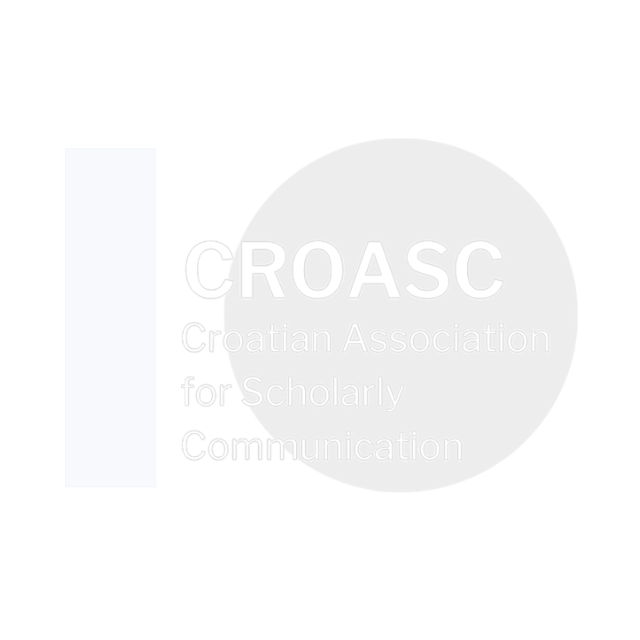Enhancing Research Quality through University Press Services: The Journals Platform of the University of Milan
short talk × friday × 11.00-12.30
Paola Galimberti
University of Milan
Direzione Performance, Assicurazione Qualità, Valutazione e Politiche di Open Science
Milan, Italy
Andrea Collivignarelli
University of Milan
Direzione Performance, Assicurazione Qualità, Valutazione e Politiche di Open Science
Milan, Italy
Rossella Filadoro
University of Milan
Direzione Performance, Assicurazione Qualità, Valutazione e Politiche di Open Science
Milan, Italy
A Diamond open access university press
The University of Milan has for years been committed to supporting open science and its principles of reproducibility, transparency, and accessibility. In its activities and policy implementation, its strategies are informed by international best practices and enriched through participation in networks such as 4eu+, LERU, Operas, and COARA, which foster shared learning and alignment.
In line with the European Commission’s Future of Scholarly Communication pillar of Open Science, the University has established Milano University Press, a Diamond Open Access University Press which publishes both books and journals freely accessible to readers and at no cost to authors. Primarily a digital publisher, it is committed to aligning with evolving best practices in Open Science.
A central unit supports journals through a wide range of services, aiming to ensure quality and transparency in scientific research. The journals division manages the infrastructure via OJS, guides new journals through their setup phase, and provides training on the use of the platform. It reviews About sections and Ethical Codes, supports indexing efforts, oversees a centralised copyediting service, and coordinates dissemination activities.
The platform and its role
Since 2008 Riviste Unimi has been a Diamond Open Access platform offering digital publishing services to scholarly journals. In 2020 it became part of Milano University Press, along with the Books section.
At a time when HSS disciplines were still unaccustomed to a form of digital publication, the platform was created to provide these areas with a channel for wide dissemination by respecting and in some cases implementing international best practices. Today the platform also hosts journals from the STM area, enabling both HSS and STM journals to adopt these international best practices in scholarly publishing.
Currently, Milano University Press publishes 70 journals across various disciplines. Each journal has an autonomous editorial board that independently defines editorial policies, appoints the scientific committee, oversees the peer-review process, manages the approach to copyediting, and maintains relationships with authors and reviewers.
Training and support
Support begins with technical assistance for a potential publisher transfer (if the journal is not newly established), along with training on the use of the OJS software, which underpins our platform, website setup and submission workflow management. During this phase, the Press office provides guidance on key quality standards, Ethical Code writing and the legal framework for the fair use of third-party content in papers (e.g., attributions, quotations, images).
After the initial training, the University Press unit remains continuously available to support the journals in addressing technical, legal, or editorial issues.
Open Science updates
Another key task of the office is to keep editors up to date with the latest developments in scientific publishing and Open Science, while continuously updating requirements for the journals regarding openness and transparency.
One such update occurred when the DOAS guidelines were published by the DIAMAS project in autumn 2024. The office carried out the DOAS Self-assessment tool to evaluate the level of adherence to Open Science standards and, subsequently, it organised a meeting with the journal boards to discuss the results, to explain this new standard for quality publishing, and explore ways to comply with it.
Quality assurance
Following a DOAS self-evaluation, the University Press adopted several initiatives to promote transparency and editorial quality more rigorously across editorial processes, implementing different courses of action.
On its part, it activated several plugins on the OJS platform to address some DOAS criteria (e.g., it enabled the Crossref Open Funder Registry integration for displaying funding data on the article landing page).
It asked journal boards to update their Ethical Codes and/or About sections, to address specific quality requirements such as:
- desk rejections, retraction and erratum procedures (aligning with COPE guidelines);
- plagiarism checks (strongly recommending the use of iThenticate);
- research data archiving (suggesting the use of Dataverse, the University’s research data repository) and data availability statements (requiring authors to submit them along with their papers, especially for science journals);
- copyright policies clearly stating that authors retain rights (to be displayed in the full-text);
- disclosure policies for AI use in papers;
- preprint and postprint policies.
Additionally, another aim for 2025 is to enhance transparency in the composition and tenure procedures of editorial committees while ensuring compliance with Diversity, Equity, and Inclusion (DEI) principles, by extending the University’s internal guidelines to all hosted journals.
Monitoring and indexing
The University Press supports journal dissemination through indexing in major databases (e.g., DOAJ), providing tools to monitor website statistics (Matomo), and promoting journal articles via the University Press Mastodon account and other social media channels. This dissemination process involves continuous monitoring, both in terms of assessing metadata quality and tracking the return in terms of platform traffic (evaluating the effectiveness of communications strategies).
Metadata quality control includes DOI resolution checks, validation of exports to indexing services (e.g., DOAJ, OpenAlex), and direct corrections of metadata where necessary.
Copyediting support
Since 2025, the University has been financially supporting the entire University Press – both its books and journals divisions – for the outsourcing of copyediting services, which until last year were the sole responsibility of individual journals.
This change has increased the workload of the journals support office overseeing the outsourcing service, a challenge that can, however, be managed thanks to the fact that the office now comprises three staff members. Despite the additional work, this effort is finally receiving recognition from the University, which now provides financial support for it, allowing editorial boards to save time and, in some cases, reduce previous expenses related to copyediting.
Interoperability
Another course of action taken by the University Press is its progressive integration with open infrastructures involved in scientific research. As mentioned earlier, authors are encouraged to publish their data on Unimi Dataverse in a FAIR way; the press also promotes the publication of preprints on Zenodo and, on the same platform, the office publishes informative materials on Open Science. We are also registered with the European Diamond Capacity Hub (EDCH).
keywords
dissemination; editorial services; indexing; metadata; monitoring; training
References
COPE (Committee on Publication Ethics). What is publication ethics? Retrieved 27 March, 2025. https://publicationethics.org/getting-started/what-publication-ethics
Consortium of the DIAMAS project (2024). The Diamond OA Standard (DOAS). Zenodo. https://zenodo.org/records/13820036
European Diamond Capacity Hub (EDCH). About. Retrieved March 27, 2025. https://diamas.org/about
University of Milan Dataverse. Homepage. https://dataverse.unimi.it/

